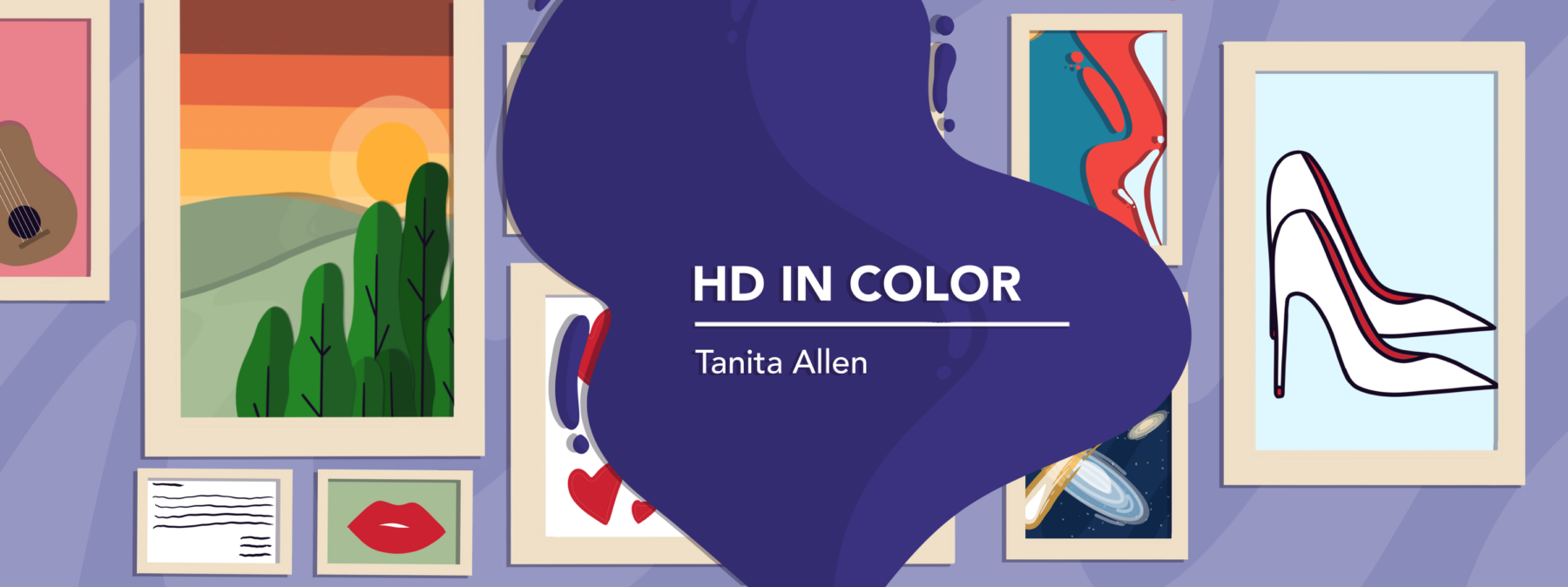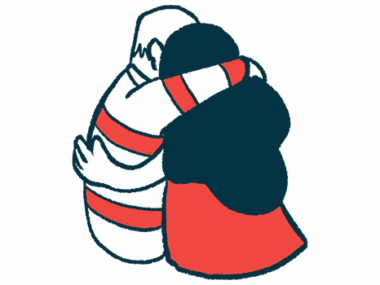Humor can be a coping mechanism, but it’s also failed me at times
Sometimes laughter is more harmful than helpful
Written by |

Life with Huntington’s disease often feels unpredictable and overwhelming. There are times when the emotional and physical weight feels like too much to carry. In those moments, humor has often been my saving grace — a source of comfort, distraction, connection, and identity. Yet like many tools we turn to in hardship, humor has also failed me at times. It’s helped me survive, but it hasn’t always helped me heal.
In the early days after my diagnosis, I was consumed by fear and uncertainty. I didn’t recognize myself, and joy felt completely out of reach. Then one day, feeling emotionally numb, I found myself watching a YouTube video of a bulldog clumsily trying to do yoga. I laughed — really laughed — for the first time in weeks. For a few precious minutes, I wasn’t thinking about my body, my brain, or my future. I was simply amused, present, and alive.
That experience wasn’t just a fluke. I began turning to funny animal videos regularly: goats in pajamas, cats jumping and missing, dogs in sunglasses. They became a kind of therapy, moments of levity amid emotional storms. When nights were especially hard, I’d stream stand-up specials on Netflix. Laughter created space between me and my pain, and in that space, I could breathe.
Humor reminded me that I was still me. It connected me to the parts of myself untouched by illness: my love for clever jokes, my appreciation for silliness, my ability to feel joy. In those moments, I wasn’t just someone with a progressive neurological disorder.
Sometimes, when people didn’t know what to say about my illness, a joke or shared laugh eased the tension. Humor became a bridge that helped others see me as more than my diagnosis. I wasn’t trying to entertain them or minimize my reality, but showing that I could still laugh let people feel closer to me.
When humor is more harmful than helpful
But humor hasn’t always been helpful. There have been times when I used it to hide, to deflect, to keep from fully feeling what was happening inside me. I’ve smiled. I’ve performed laughter like armor — strong on the outside, while silently crumbling within.
I’ve also been hurt by humor used carelessly. I’ve been in rooms where people joke about disability or imitate symptoms they don’t understand, such as making light of Huntington’s patients who have trouble swallowing. In those moments, laughter feels cruel. It isolates rather than connects. It reminds me that for some, people like me are nothing more than a punch line. Humor without awareness becomes another way to dehumanize.
Even among friends, laughter can sometimes mask what I really need. People assume that if I’m joking, I must be OK. But the truth is that I can laugh and still be grieving. Humor doesn’t cancel out pain; it only offers a pause. And sometimes, that pause is mistaken for peace.
There’s also the reality that being “the funny one” can become a role others expect you to play. I’ve learned to ask myself, “Am I laughing to connect or to disappear?” It’s a hard question, but one I need to keep asking.
A tool, not a cure
And yet, I still believe in the healing power of laughter, especially when it’s shared with people who understand. In support groups, I’ve laughed with others living with Huntington’s, and that humor feels different. It’s not about denial; it’s about survival. We joke about the absurdities of our daily lives, about dropped pills and awkward moments and misunderstanding doctors. That laughter isn’t cruel or empty; it’s rooted in deep knowing. It says, “I see you. We’re still here.”
I’ve come to understand that humor is a tool, not a cure. It can lighten a heavy day, but it can’t lift the weight forever. It can connect us, but only when it comes from a place of empathy. It can help us feel like ourselves, but it’s OK to let ourselves feel everything else, too.
These days, I welcome humor when it feels right. I still laugh at dancing parrots and clever stand-up routines. I still turn to animal videos when I need a mental break. But I no longer use humor to hide from myself. I give space to my grief, my anger, my fear. And when I laugh now, it’s from a place of wholeness — not performance.
Huntington’s disease has taken many things from me. But it hasn’t taken my ability to feel joy, to be silly, to find light in dark places. Humor hasn’t always saved me, but it has often reminded me that I’m still here. And for that, I’m endlessly grateful.
Note: Huntington’s Disease News is strictly a news and information website about the disease. It does not provide medical advice, diagnosis, or treatment. This content is not intended to be a substitute for professional medical advice, diagnosis, or treatment. Always seek the advice of your physician or other qualified health provider with any questions you may have regarding a medical condition. Never disregard professional medical advice or delay in seeking it because of something you have read on this website. The opinions expressed in this column are not those of Huntington’s Disease News or its parent company, Bionews, and are intended to spark discussion about issues pertaining to Huntington’s disease.



graciela
te felicito. yo tengo dos hijos con huntigon, y como mama desgarrada no puedo vivirlo con el optimismo tuyo....realmente te felicito